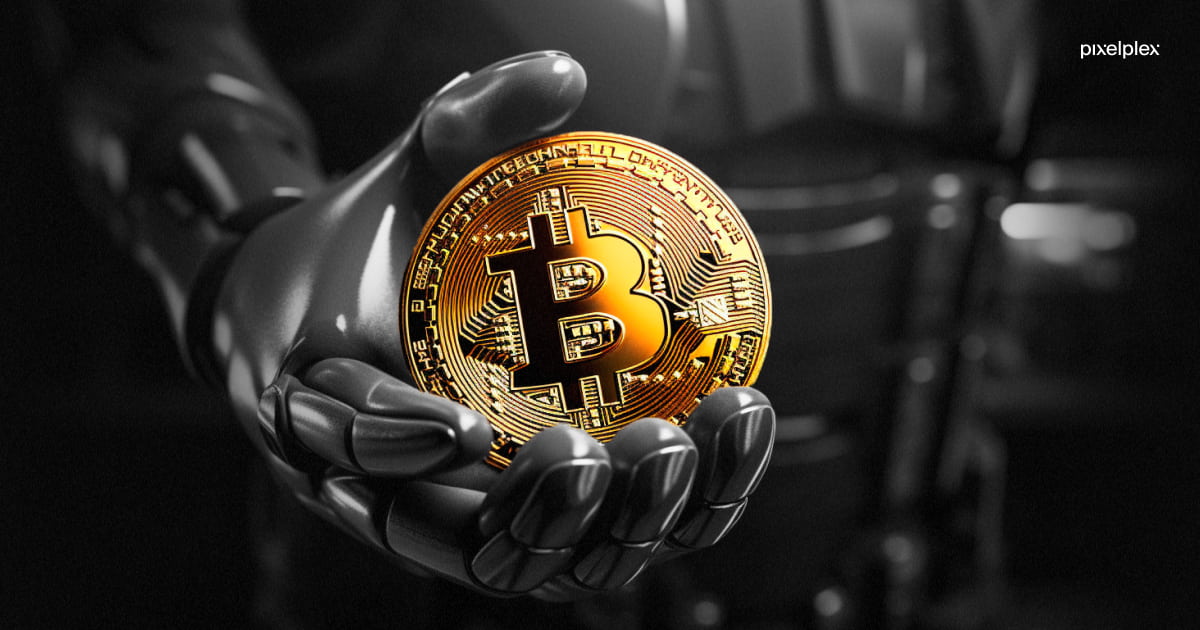You may have heard of the dark web — a hidden part of the internet where privacy is taken seriously and identities stay anonymous. But what really is it? And is it legal to access?
Let’s break it down in simple terms.
🌐 What Is the Dark Web?
The dark web is a part of the internet that is not indexed by Google or other search engines. You can’t access it with Chrome or Safari. You need a special browser like Tor to enter.
- 🔒 It’s designed for anonymity
- 🧑💻 Websites have strange
.onionURLs - ⚖️ It’s legal to access, but illegal to use for crimes
🔎 What Can You Find on the Dark Web?
Not everything on the dark web is criminal. Some people use it for:
- 🗞️ Reading uncensored news
- 🕵️ Protecting their privacy in surveillance-heavy countries
- 📬 Accessing whistleblower platforms
- 🎭 Visiting anonymous forums
But it’s also known for:
- Illegal drug markets
- Hacking tools
- Counterfeit documents
- Stolen data
Be careful. Not all websites are safe, and many are traps for scams.
🚪 How to Access the Dark Web (Step-by-Step)
- Install the Tor Browser from torproject.org
- Use a trusted VPN first for extra protection
- Open Tor and browse .onion websites
- Never enter personal info
- Only use trusted onion links from communities like:
⚠️ Is It Safe?
The dark web is risky. Here’s how to stay safe:
- ✅ Always use VPN + Tor
- ✅ Disable JavaScript in Tor
- ✅ Never log into personal accounts
- ✅ Don’t download unknown files
- ✅ Use a cold wallet for Bitcoin
🪙 Why People Use Bitcoin on the Dark Web
Most dark web markets accept Bitcoin or Monero. These cryptocurrencies make it possible to pay without revealing your identity — unlike PayPal or banks.

